Magnetic shielding is the process of creating a barrier that protects sensitive electronic systems from external magnetic fields. Magnetic shielding is important because it helps mitigate electromagnetic interference (EMI), ensuring proper functioning and reliability of electronic devices. Read More…
Spira Manufacturing Corp. offers the most reliable EMI gaskets & shielding for the electrical / electronic industries to meet required EMC/EMI shielding regulations.

Sealing Devices is a leading North American distributor and fabricator of EMI shielding products, including conductive elastomers, Soft-Shield® low closure force gasketing, windows, conductive adhesives, formed-in-place parts, vents and elastomers.

We are one of the first in EMI technologies! Our roots trace back as early as the 1930s. We work hard to bring you the latest and greatest in EMI technologies and distribution. ADIT Electron Tubes manufactures low-level light detection systems and devices. Our photomultipliers are apart of a major international industry that we are a supplier of. Call us today for more information about our EMI...
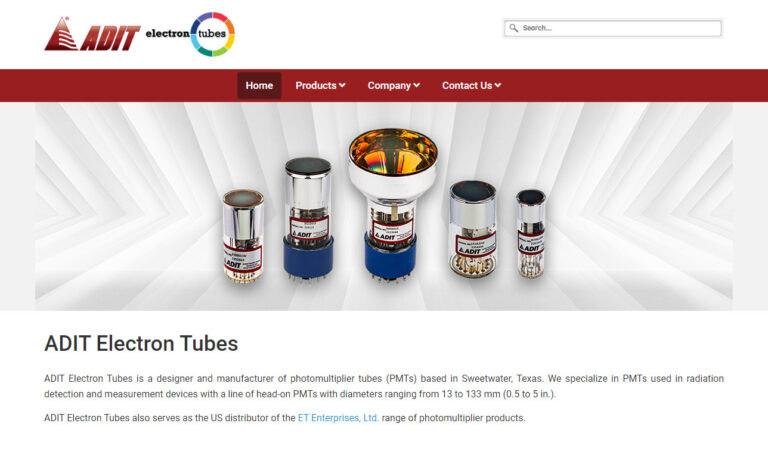
FMS has been eliminating electromagnetic interference (EMI) and radio frequency interference (RFI) issues in commercial & industrial buildings, medical facilities, and research laboratories for over 25 years. Using the latest technology, backed by independent research and development, FMS delivers customized, innovative mitigation solutions for the most complex interference problems worldwide.
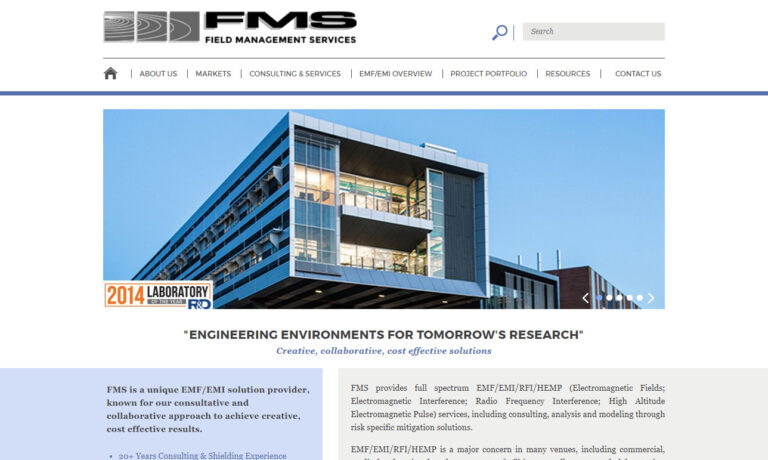
More Magnetic Shielding Companies
Achieving Magnetic Shielding
Magnetic shielding encompasses both the process and the materials used to create a protective barrier against external magnetic fields. The process involves designing and constructing a shielded enclosure or using specific techniques to redirect or absorb magnetic fields. Various materials may be utilized in this process and they are chosen because they possess unique magnetic properties that enable effective magnetic shielding. Therefore, magnetic shielding is a combination of both the process and the materials employed to achieve the desired protection against magnetic fields.
Materials Used in Magnetic Shielding
As noted, various materials can be employed to create effective magnetic shielding. Ferromagnetic materials, due to their high magnetic permeability, are widely used. For instance, they shield transformers from external magnetic fields, ensuring efficient power transmission and minimizing losses. Permeable alloys, such as nickel-iron alloys, offer high magnetic permeability over a broader range of frequencies, making them suitable for shielding sensitive electronic equipment in medical facilities. Mu-metal, an alloy containing nickel, iron, and copper, exhibits exceptional magnetic shielding properties, finding applications in shielding scientific instruments from stray magnetic fields.
Considerations Regarding Magnetic Shielding
Despite its effectiveness, magnetic shielding has certain considerations. At low frequencies, for example, magnetic shielding may be less effective, requiring additional techniques such as active cancellation to compensate. Moreover, thickness and weight constraints pose challenges for magnetic shielding, particularly in applications where space and weight are limited, such as portable electronic devices. Additionally, the cost of magnetic shielding materials and installation can be a limiting factor, especially in large-scale applications.
Addressing These Considerations
Manufacturers have taken significant strides to address the considerations associated with magnetic shielding. Efforts have been made to enhance low-frequency shielding, for example, by employing active cancellation techniques and utilizing specialized materials designed specifically for low-frequency magnetic fields. Moreover, research and development have led to the creation of lightweight and thin shielding composite materials, combining magnetic and non-magnetic layers, resulting in effective shielding while reducing weight and thickness. Thin-film magnetic shielding techniques have also been developed, enabling the deposition of thin, flexible shielding layers onto surfaces, ensuring protection while maintaining flexibility and space efficiency. Furthermore, cost-effective strategies, including optimization of shielding designs and the exploration of alternative materials with lower costs, have been pursued to make magnetic shielding more accessible.
Benefits of Magnetic Shielding
Magnetic shielding offers a range of benefits that contribute to the overall performance and reliability of electronic systems.To start, it provides protection against electromagnetic interference (EMI), ensuring that sensitive components and circuits are shielded from external magnetic fields that can induce unwanted currents and disrupt system operation. This protection helps maintain signal integrity, data accuracy, and overall system functionality. Additionally, magnetic shielding helps preserve the performance and longevity of electronic devices by reducing the risk of malfunctions caused by EMI. By minimizing the impact of external magnetic fields, magnetic shielding minimizes the potential for data corruption, signal degradation, and component failures. Furthermore, magnetic shielding can enhance safety by preventing interference with critical systems and avoiding hazardous situations that may arise from EMI. For example, in medical environments, such as MRI rooms, effective magnetic shielding ensures that external magnetic fields do not interfere with the delicate imaging equipment or pose risks to patients or operators. Overall, magnetic shielding plays a crucial role in maintaining the integrity and functionality of electronic systems, enhancing performance, reliability, and safety in various industries and applications.
Applications of Magnetic Shielding
Magnetic shielding finds widespread application across diverse industries. In the medical field, magnetic shielding is crucial for MRI machines, where precise imaging requires protection against external magnetic fields that could distort results. Magnetic shielding is also employed in magnetic resonance spectroscopy, a technique used for chemical analysis and structural studies. In the aerospace and defense sectors, meanwhile, avionics systems in aircraft rely on magnetic shielding to protect sensitive electronics from external magnetic interference, ensuring optimal performance and safe operation. Communication equipment on satellites also requires effective magnetic shielding to maintain signal integrity and prevent interference from surrounding magnetic fields. In the electronics industry, magnetic shielding is essential for mobile devices to shield internal components from external magnetic influences, which can cause malfunctions. Additionally, data centers utilize magnetic shielding to protect critical data storage systems from magnetic interference, ensuring data integrity and reliability. Furthermore, magnetic shielding plays a role in scientific research, such as shielding scientific instruments and experiments from stray magnetic fields that could introduce errors or distort measurements. The applications of magnetic shielding extend to many other fields, such as the automotive, marine, and power generation industries, highlighting its significance in ensuring the proper functioning and performance of sensitive electronic systems.
Choosing the Correct Magnetic Shielding Manufacturer
To ensure you have the most productive outcome when choosing a magnetic shielding manufacturer, it is important to compare several companies using our directory of magnetic shielding manufacturers. Each magnetic shielding manufacturer has a business profile page highlighting their areas of experience and capabilities, along with a contact form to directly communicate with the manufacturer for more information or to request a quote. Review each magnetic shielding manufacturer using our patented website previewer to quickly learn what each company specializes in. Then, use our simple RFQ form to contact multiple magnetic shielding businesses with the same form.



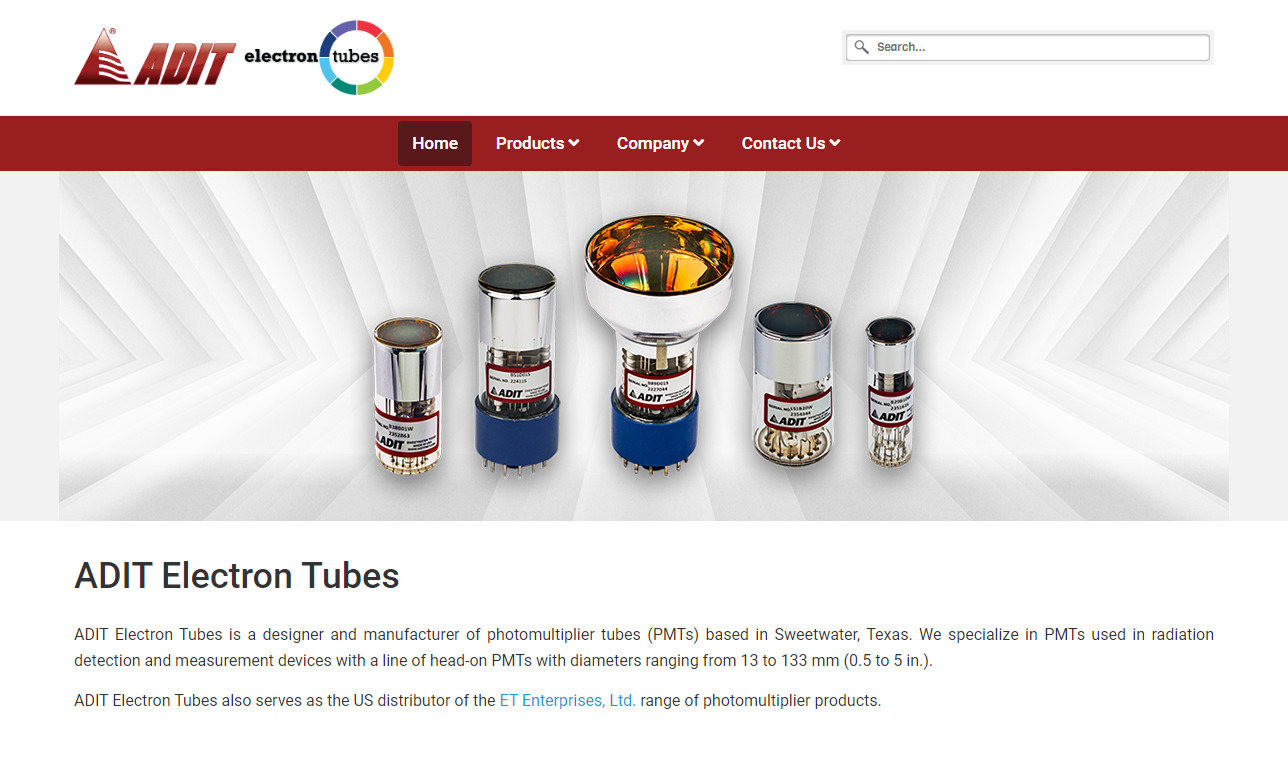
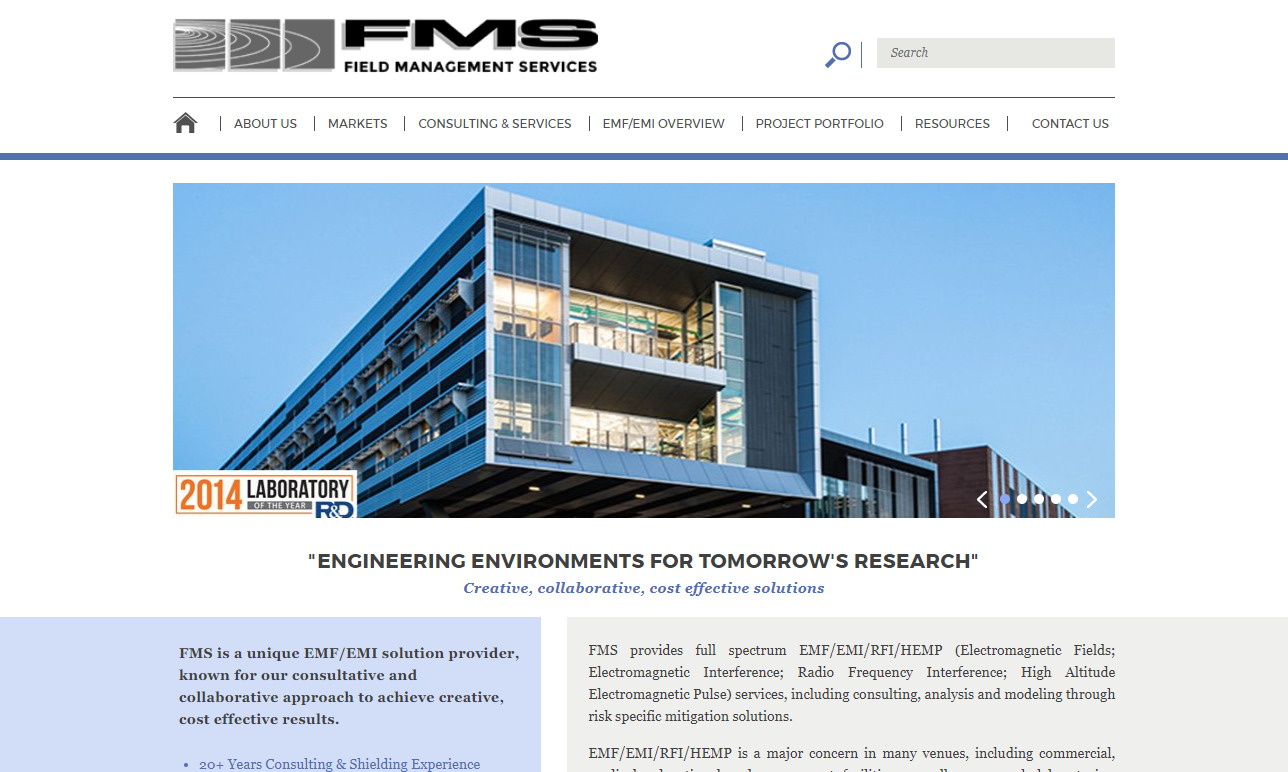
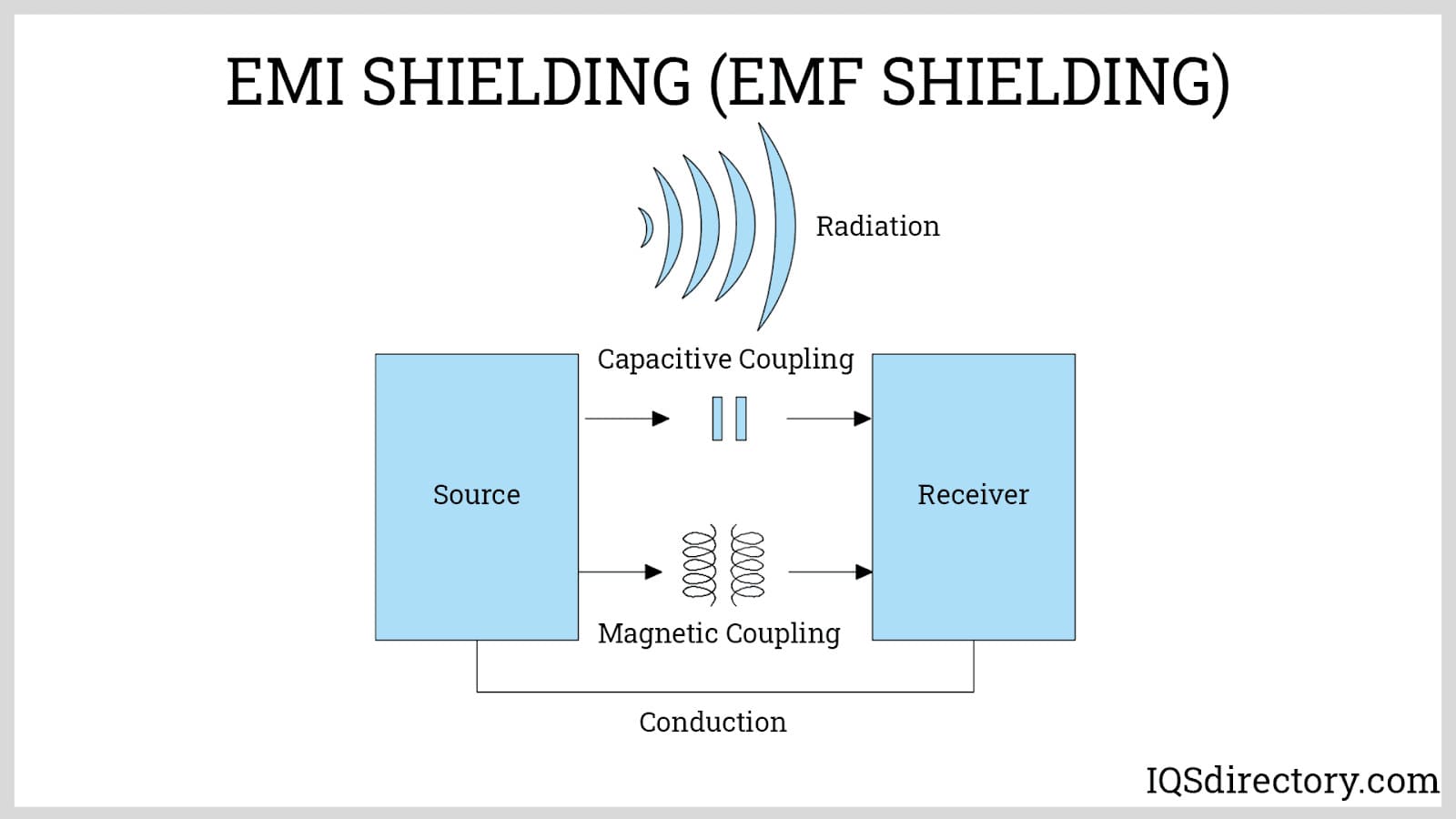
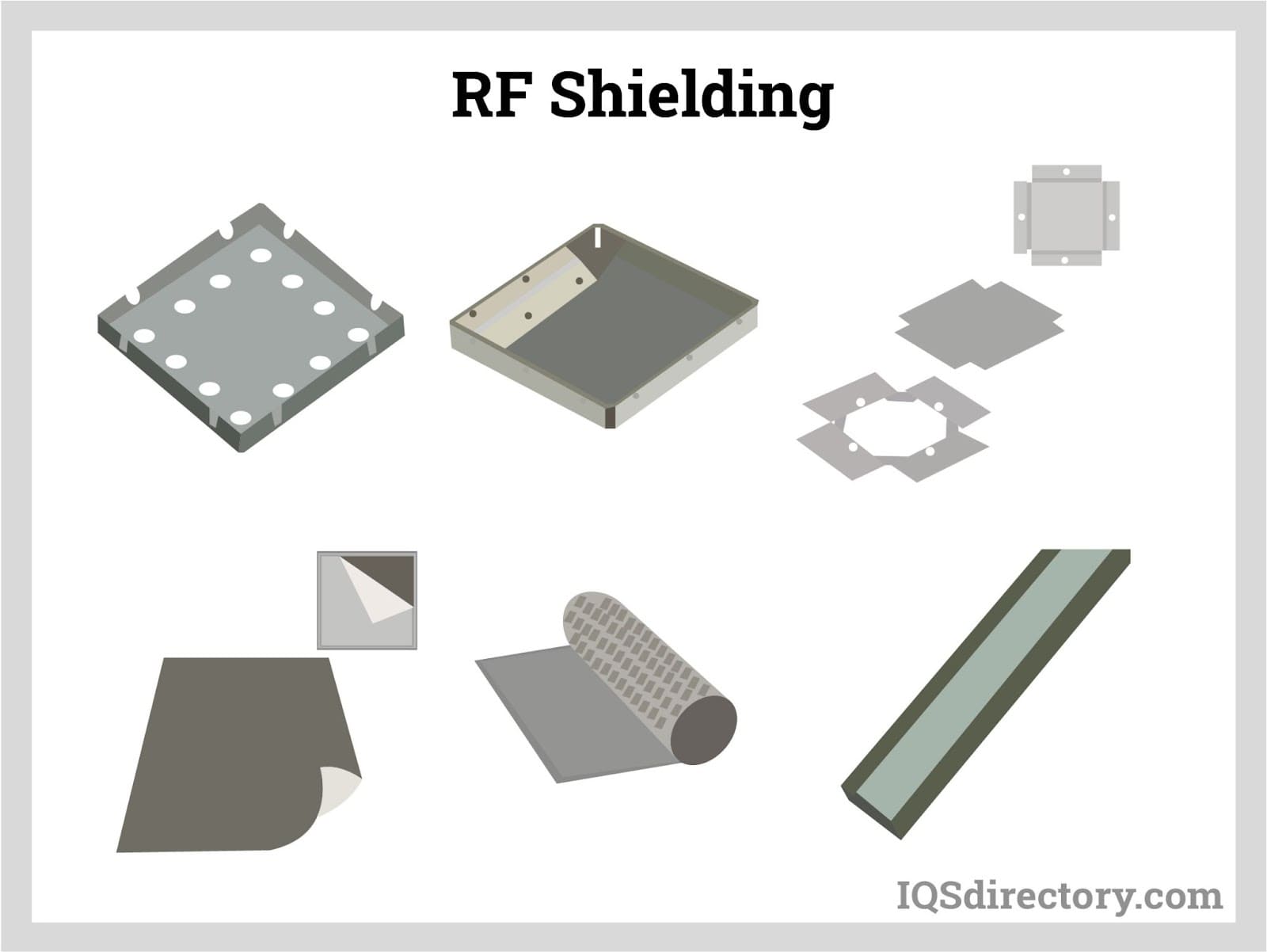
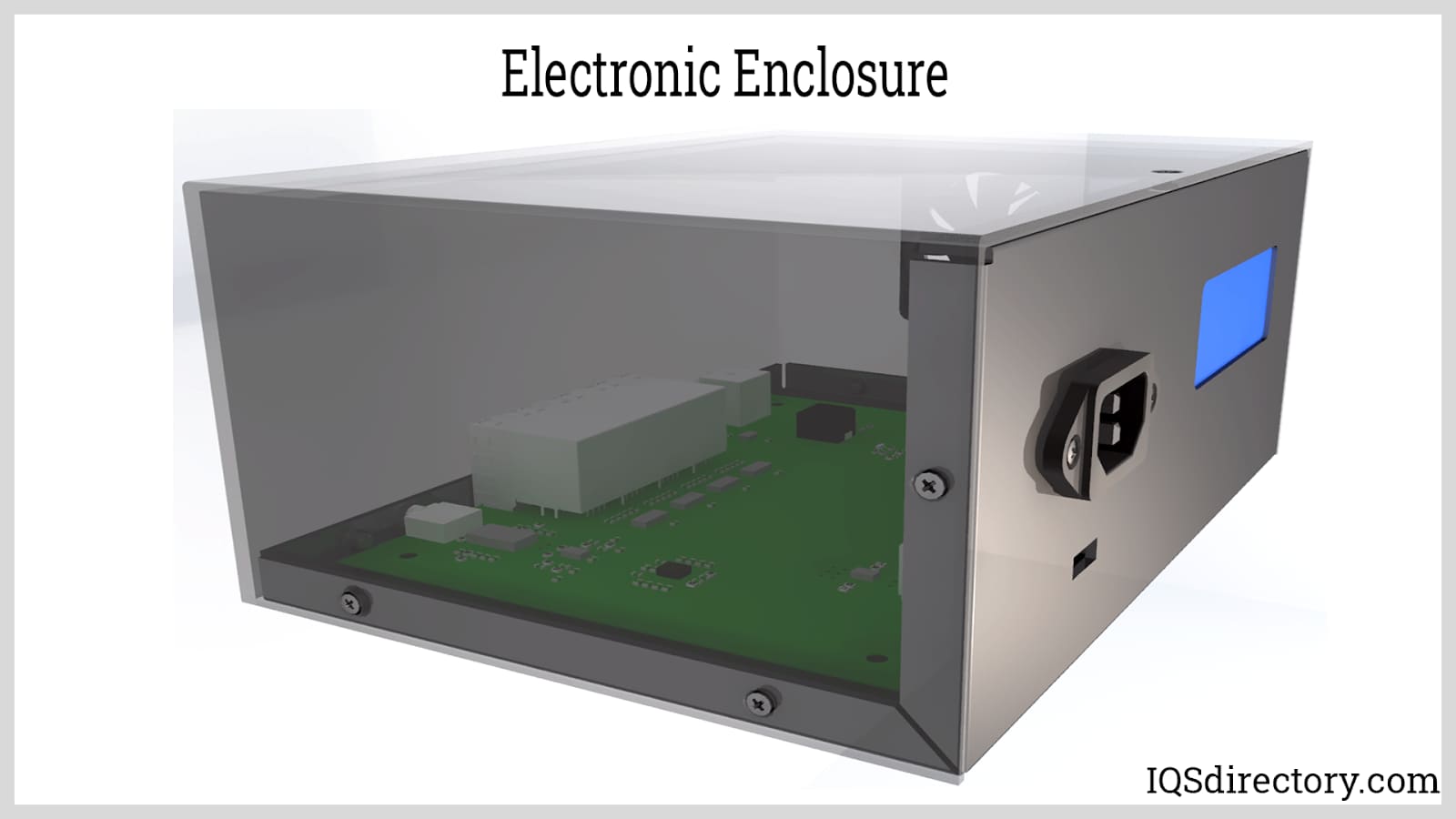
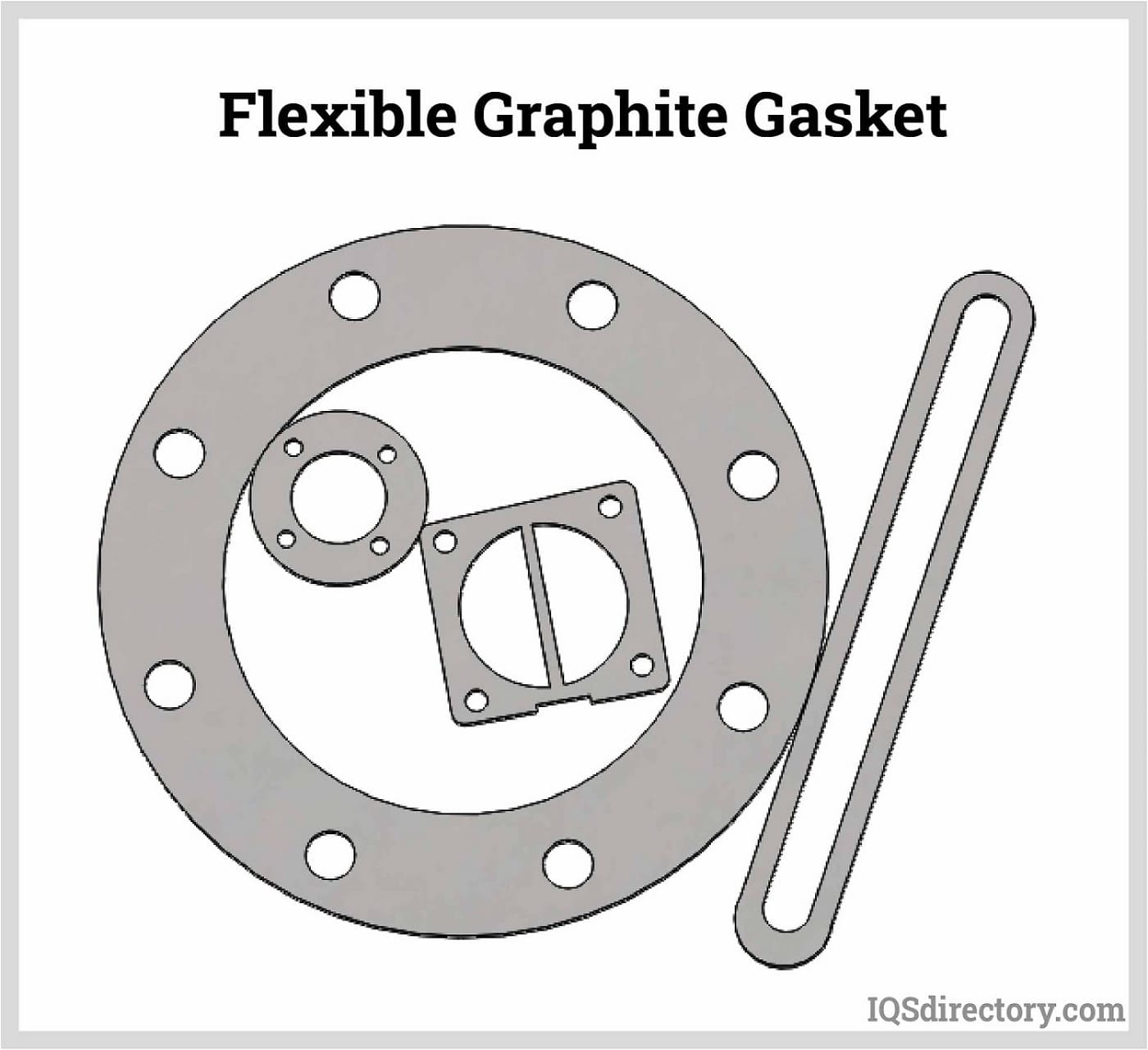
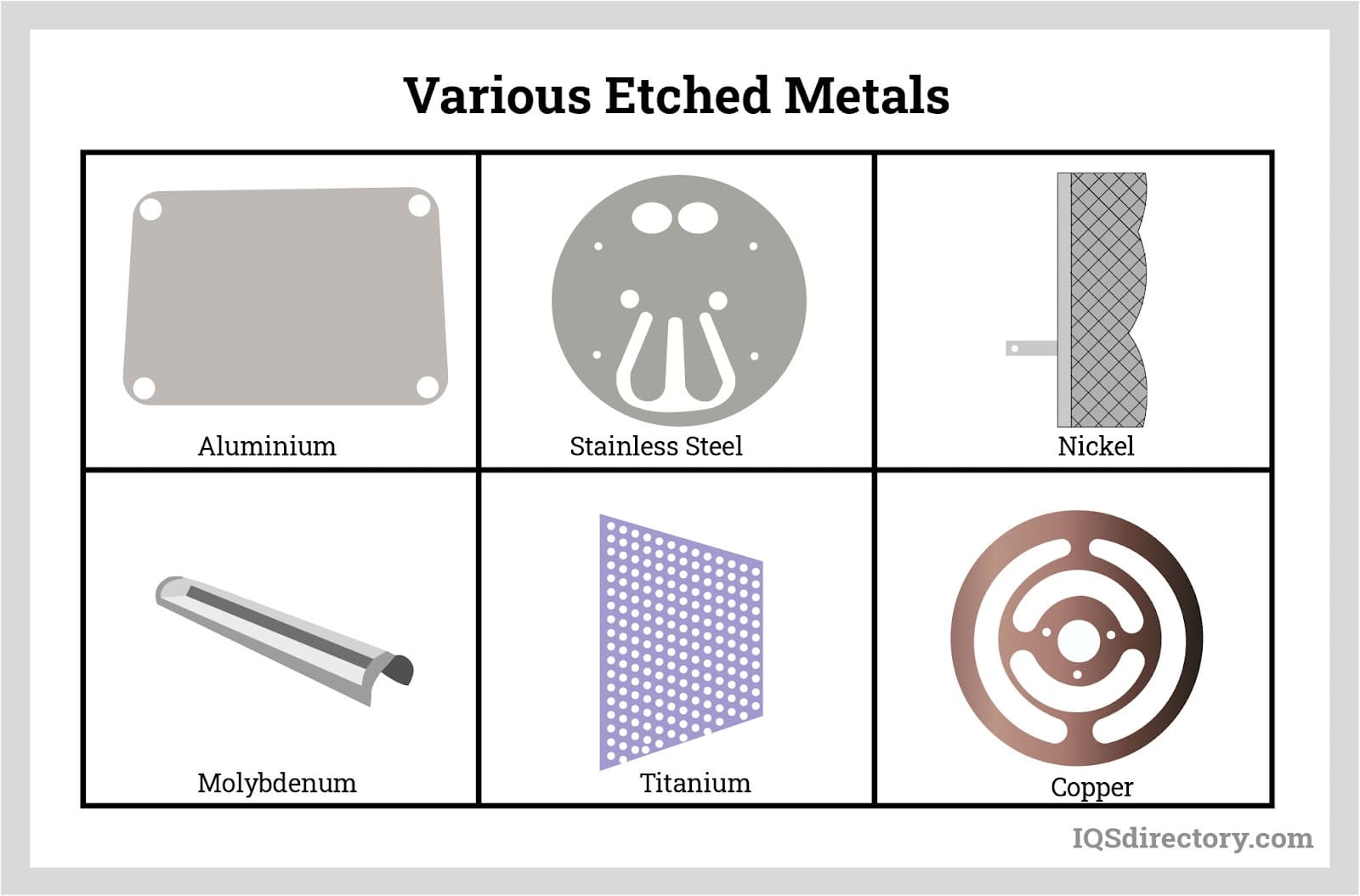
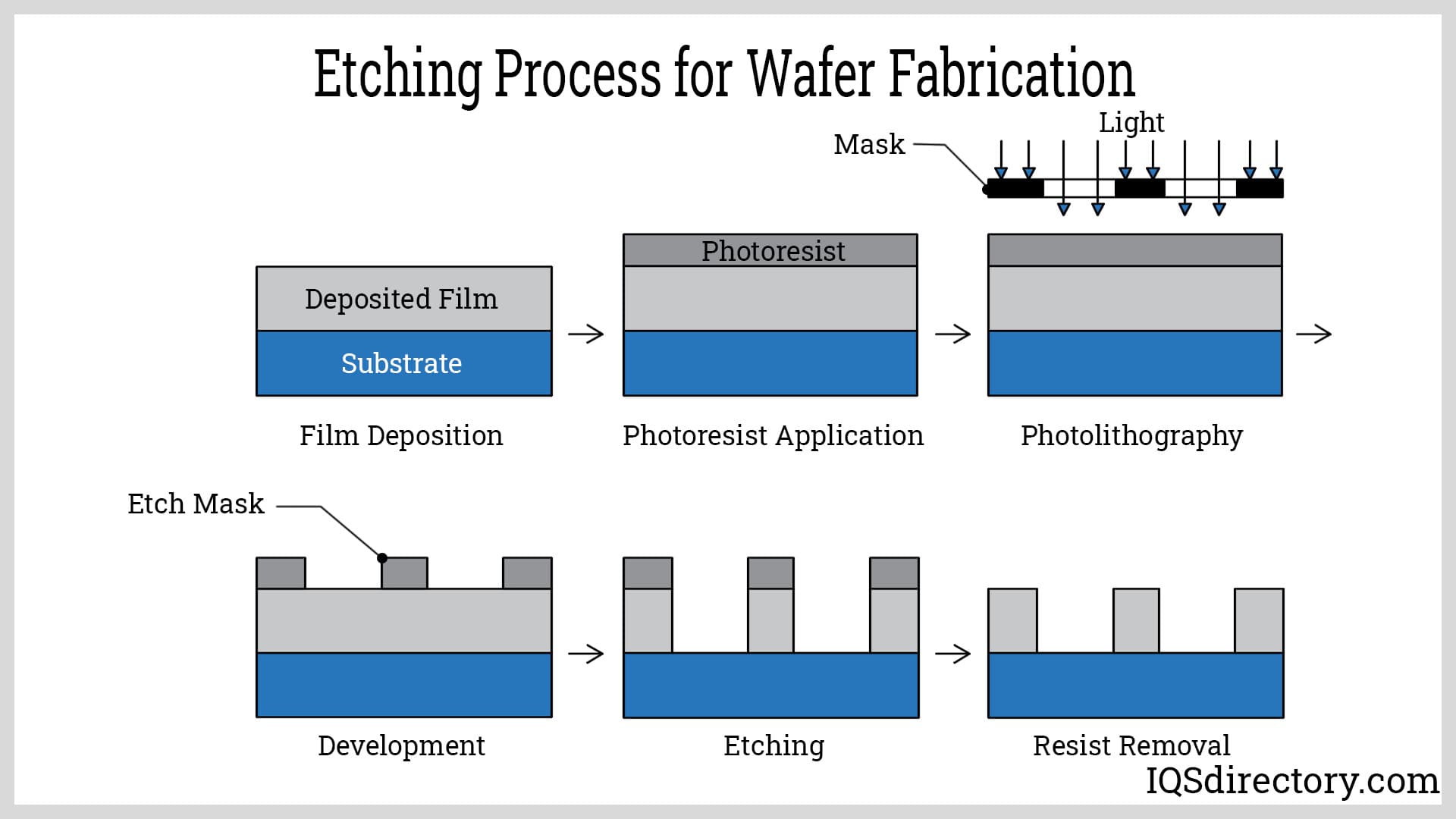
 Electric Coils
Electric Coils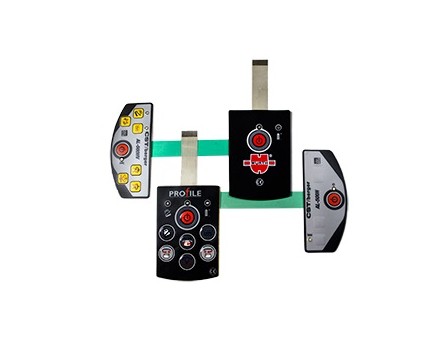 Electric Switches
Electric Switches Electric Transformers
Electric Transformers Electronic Connectors
Electronic Connectors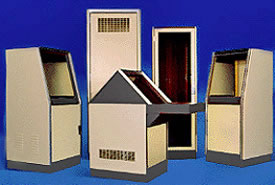 Electronic Enclosures
Electronic Enclosures EMI Shielding
EMI Shielding Membrane Switches
Membrane Switches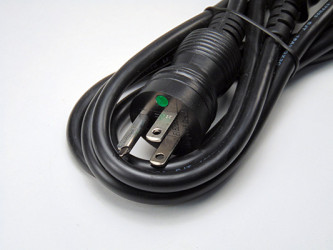 Power Cords
Power Cords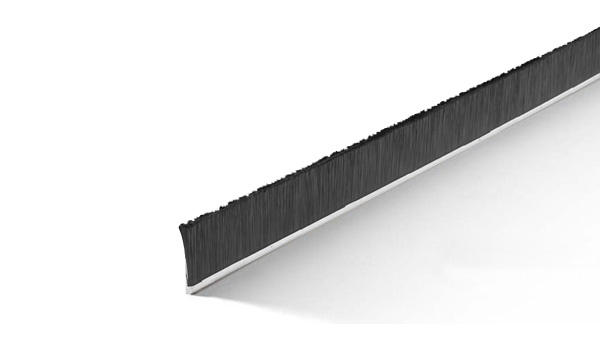 Static Eliminators
Static Eliminators Castings & Forgings
Castings & Forgings Bulk Material Handling
Bulk Material Handling Electrical & Electronic Components
Electrical & Electronic Components Flow Instrumentation
Flow Instrumentation Hardware
Hardware Material Handling Equipment
Material Handling Equipment Metal Cutting Services
Metal Cutting Services Metal Forming Services
Metal Forming Services Metal Suppliers
Metal Suppliers Motion Control Products
Motion Control Products Plant & Facility Equipment
Plant & Facility Equipment Plant & Facility Supplies
Plant & Facility Supplies Plastic Molding Processes
Plastic Molding Processes Pumps & Valves
Pumps & Valves Recycling Equipment
Recycling Equipment Rubber Products & Services
Rubber Products & Services